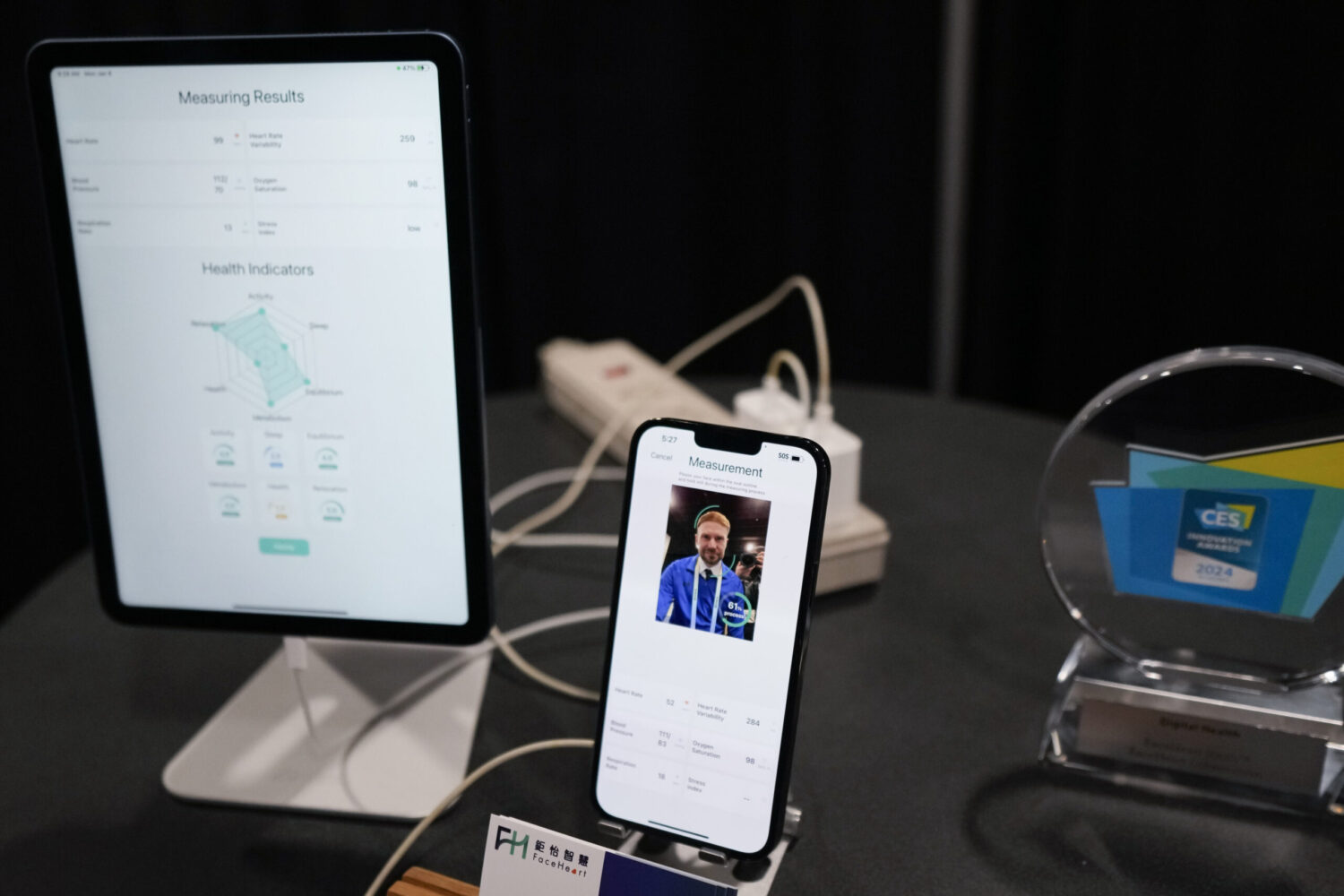For nurse Judy Schmidt, the beeping monitors connected to critical patients at the Community Medical Center in Toms River, New Jersey, were simply a routine aspect of the bustling activity in the intensive care unit.
Reflecting on her experiences from approximately ten years ago, Schmidt now recognizes that those devices were utilizing early forms of artificial intelligence to aid in analyzing and monitoring the patients’ well-being.
The utilization of artificial intelligence in healthcare environments predates the widespread awareness of the technology, as noted by Schmidt, who serves as the CEO of the New Jersey State Nurses Association, a professional body.
Presently, certain electronic health records have been designed to notify healthcare providers when patients exhibit symptoms of a significant illness. Additionally, in the realm of medical education, educators are increasingly turning to simulations involving mannequins, some of which are programmed to simulate childbirth, she explained.
However, the rapid evolution of these technologies, leading to the integration of robotics in surgical procedures, poses practical and ethical dilemmas for healthcare providers working with such advancements, Schmidt emphasized.
While some experts advocate for the potential of AI technology to enhance the healthcare sector by streamlining administrative tasks, providing virtual nursing support, and more, concerns persist among nurses regarding the lack of regulatory frameworks governing AI’s implementation in healthcare settings.
According to Richard Ridge, an assistant professor of nursing at the University of Virginia, state legislators have been slow to establish regulations concerning AI usage. As technology progresses, healthcare professionals often rely on internal hospital or practice policies, which can vary significantly.
Ridge emphasized the necessity for legislators to familiarize themselves with AI and develop safeguards for patients within AI-driven systems. He stressed the importance of involving nurses in these discussions to ensure a patient-centric approach to policymaking.
Legislators in various states have introduced bills addressing artificial intelligence in healthcare, with only one enacted law identified in a Stateline survey—specifically, a Georgia statute permitting the use of AI devices in eye examinations.
In Pennsylvania, a pending bill aims to mandate insurers to disclose the use of AI-based algorithms in claims review processes to assess the necessity of medical interventions. State Representative Arvind Venkat, a physician sponsoring the bill, highlighted concerns about AI reinforcing existing biases in healthcare decision-making.
Furthermore, an Illinois bill proposes setting limits on patient assignments for registered nurses in certain scenarios. It also grants nurses the authority to override AI recommendations in situations where they determine it is in the patient’s best interest.
The American Nurses Association underscores in its code of ethics that advanced technologies, including AI, should not supplant nursing skills or judgment. The organization advocates for nurses to stay informed about AI applications in patient care and actively participate in shaping AI governance frameworks.
Dan Weberg, Vice President of the American Nurses Association California, emphasized the growing complexity of issues arising from rapid AI advancements in healthcare, underscoring the need for informed decision-making in this evolving landscape.
Albert Fox Cahn, Executive Director of the Surveillance Technology Oversight Project, called for policymakers to establish regulations akin to the EU AI Act to govern AI usage effectively. He stressed the importance of assessing AI’s impact comprehensively, including addressing biases in training datasets and safeguarding user rights.
Maintaining trust between healthcare providers and patients as AI technologies progress is crucial, noted Jennifer Shepherd, Vice President of the Virginia Nurses Association. She highlighted the importance of adopting a human-centered approach to AI integration in healthcare to alleviate patient concerns and foster a collaborative provider-patient relationship.










